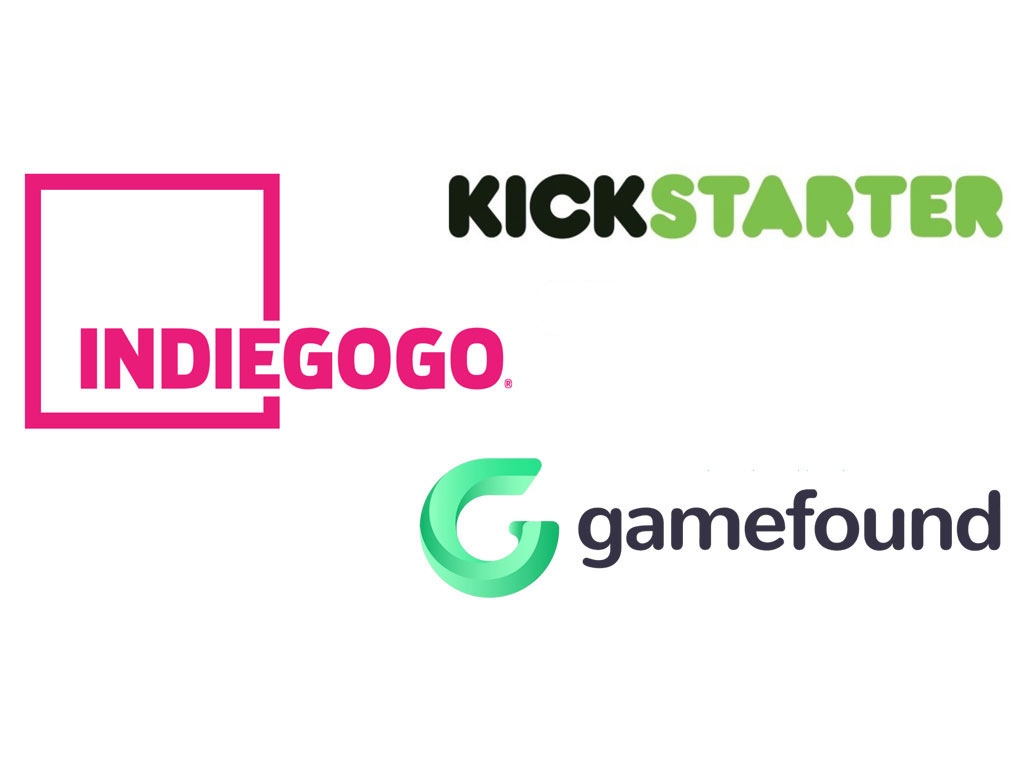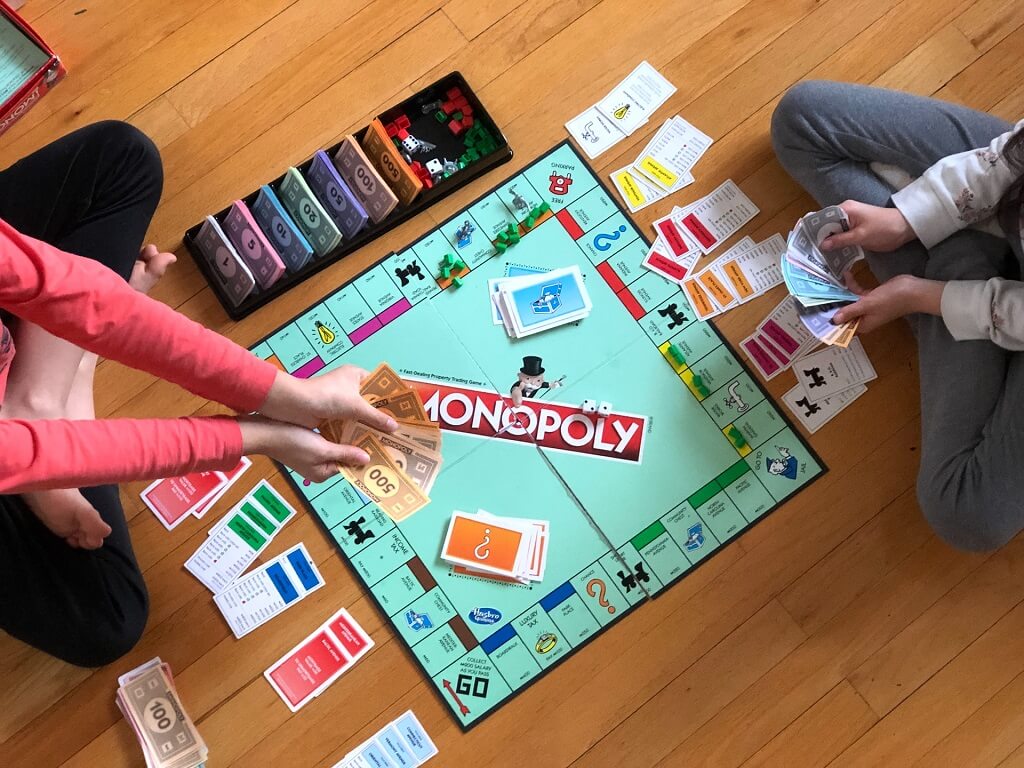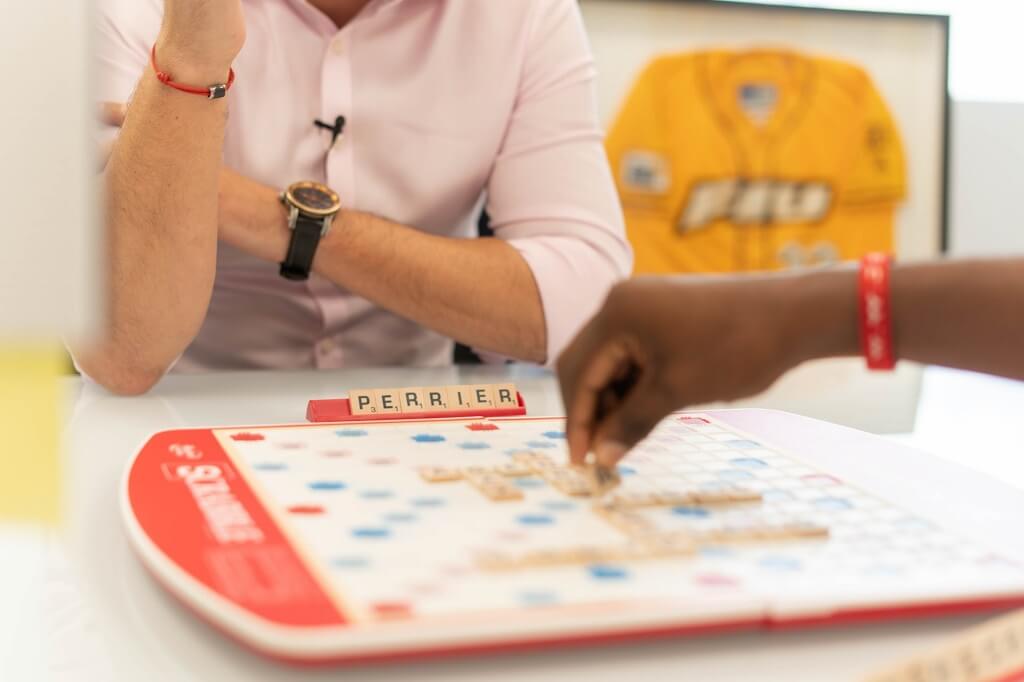Choosing the correct board game crowdfunding platform can significantly impact the success of your campaign. Each platform has its own set of advantages and disadvantages, so it’s essential to consider several factors when making your decision. Here are some key points to help you choose between Kickstarter, Indiegogo, and Gamefound.
Feature | Kickstarter | Indiegogo | Gamefound |
Platform Type | Reward-based crowdfunding | Reward-based crowdfunding | Reward-based crowdfunding |
Backers | Large user base | Large user base | Smaller user base |
Funding Type | All-or-nothing (Flexible for UK) | Flexible | All-or-nothing |
Fees | 5% | 5% | 5% |
Payment Processing Fees | 3% + $0.20 per pledge | 3% + $0.30 per pledge | 2.9% + $0.30 per pledge |
Project Approval | Manually reviewed | Go live immediately | Manually reviewed |
Funding Goal Options | Fixed funding only | Flexible and fixed funding | Fixed funding only |
Pledge Options | Single pledge level recommended | Multiple pledge levels supported | Multiple pledge levels |
Early Bird Pledge Support | Yes | Yes | Yes |
Equity Crowdfunding | No | Yes | No |
All-in-one Pledge | No | No | Yes |
Localization | Limited native support | Limited native support | Built-in multilingual support |
Table of Contents
Kickstarter
Kickstarter is one of the most well-known crowdfunding platforms globally, with a massive user base and a large number of successful projects. It covers a wide range of project categories, including board games, technology, art, film, etc, and has a robust community of backers.
Kickstarter operates on an “all-or-nothing” funding model. If a project fails to reach its funding goal by the end of the campaign, no money is collected from backers, and the project doesn’t move forward. It charges a percentage of the funds raised as a fee (typically around 5%) and requires payment processing fees.
Indiegogo
Indiegogo is another prominent crowdfunding platform with a diverse project base, but it may not be as focused on board games as Kickstarter, and the board gaming community might not be as prominent as on Kickstarter.
Indiegogo offers both the “all-or-nothing” funding model like Kickstarter and a flexible funding option where the project creator can keep the funds raised, even if the goal is not met. The “all-or-nothing” model usually has a fee similar to Kickstarter (around 5%), but the flexible funding model may have higher fees.
Gamefound
Gamefound is a platform specifically designed for board games, it provids specialized tools and features for tabletop game projects. Its community is highly focused on board games, making it a targeted platform for reaching passionate tabletop gamers.
Gamefound operates on an “all-or-nothing” funding model, similar to Kickstarter. Its fee structure might vary depending on the services and features required, but it generally charges a combination of a percentage of funds raised and payment processing fees.
In Summary
When choosing a crowdfunding platform for your board game project, consider factors such as the size and engagement of the platform’s board gaming community, the funding model that aligns with your project’s needs, and the fees associated with running the campaign.
Conduct research, analyze successful campaigns on each platform, and consider reaching out to creators who have used these platforms to gather firsthand experiences and insights.




